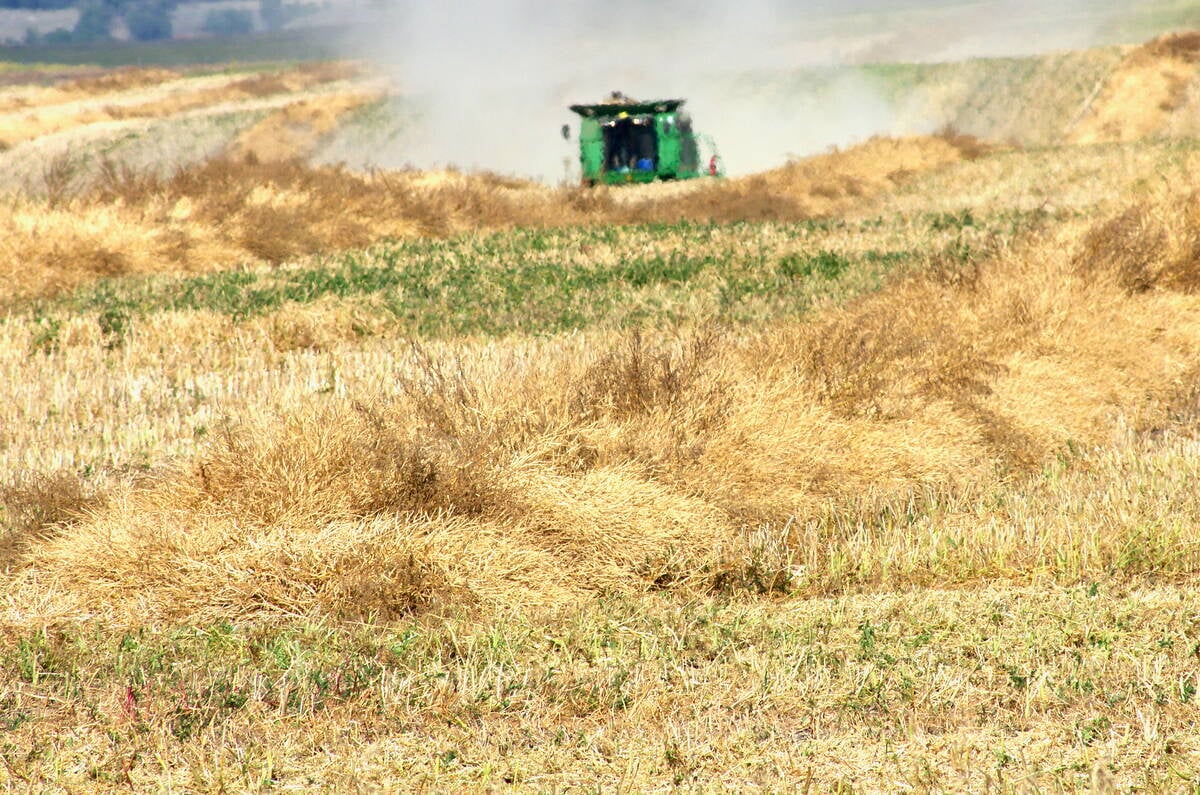Agricore United wants farmers to pressure the federal government to negotiate a better deal for canola exports to China.
The company is distributing to members and other farmers a card to mail to MPs asking them to pursue the issue with the ministers of trade and agriculture.
Canola shipments to China must contend with a nine percent import tariff, while soybeans, its main competitor, are subject to only three percent. Tariffs on meal are 16 and nine percent respectively.
“This difference has reduced the competitiveness of Canadian exports and is effectively shutting canola out of the Chinese market at this time,” says the mailing card.
Read Also

Manitoba searches for Plan B on canola oil exports
A new report explores Manitoba’s current canola oil trade and possible alternative markets to the U.S.
Cam Dahl, government relations officer for AU, said farmers have a lot to gain by lobbying their MPs and federal election candidates on the issue.
“We have a large (canola) crop to move and there is a potential market there of about two million tonnes, worth as much as $450 million,” he said. “It’s worth a lot to Canada, no question.”
He added the industry sees some urgency in resolving the issue so that some of this year’s crop can be shipped to China.
“That’s certainly our hope.”
In recent years Canada’s canola exports to China have ranged from a low of zero in 2002-03 to a high of 1.9 million tonnes in 2000-01. Exports last year totalled 275,000 tonnes and stand at 140,000 tonnes for the first three months of this crop year.
In the three years ending in 2003-04, China imported an average of 18 million tonnes of soybeans and 525,000 tonnes of canola annually.
Dahl said he thinks the fight for lower tariffs on canola is winnable, in large part because of demand from domestic users in China.
The dairy industry in particular is pressing for access to canola because of evidence that dairy cows’ productivity increases when canola is included in the ration.
“Improving the efficiency of the dairy herd is an initiative of the Chinese government right now, so there are internal pressures as well.”
The battle will have to be won through a combination of internal lobbying by Chinese interests and face-to-face negotiations between Chinese and Canadian government officials.
Dahl said while the goal is to have tariff parity between canola and soybeans, any reduction of the differential would be welcome.
“Any narrowing of that gap makes Canadian exports more competitive.”














